Impact of data bias on decision-making
Conquering Data Bias

Konstantinos Kattidis
Data Analytics Lead
Bias and data ethics
- Decisions are only as reliable as the data behind them
- When data is not aligned with the intended objectives, it can become a matter of data ethics
- It covers the ethical and moral obligations of collecting, analyzing, and using data
- It tackles issues such as discrimination, privacy, transparency, and accountability.
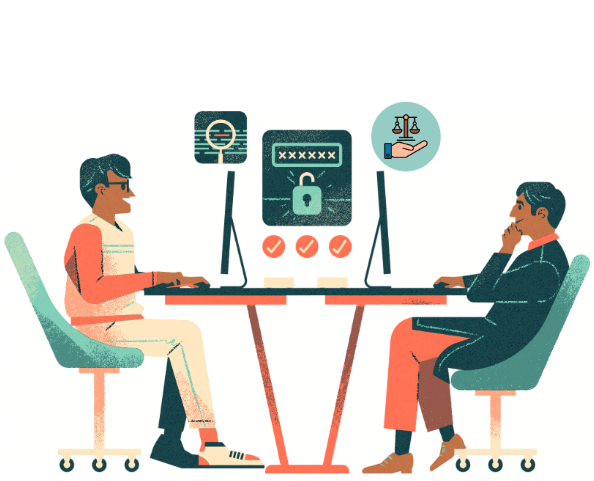
Unfair treatment and discrimination
- Data bias can lead to unfair treatment of certain individuals or groups
- Biased data can result in discriminatory outcomes
- For instance:
- Biased sampling of customer purchase data may inadvertently disadvantage certain demographics
- Resulting in biased marketing strategies
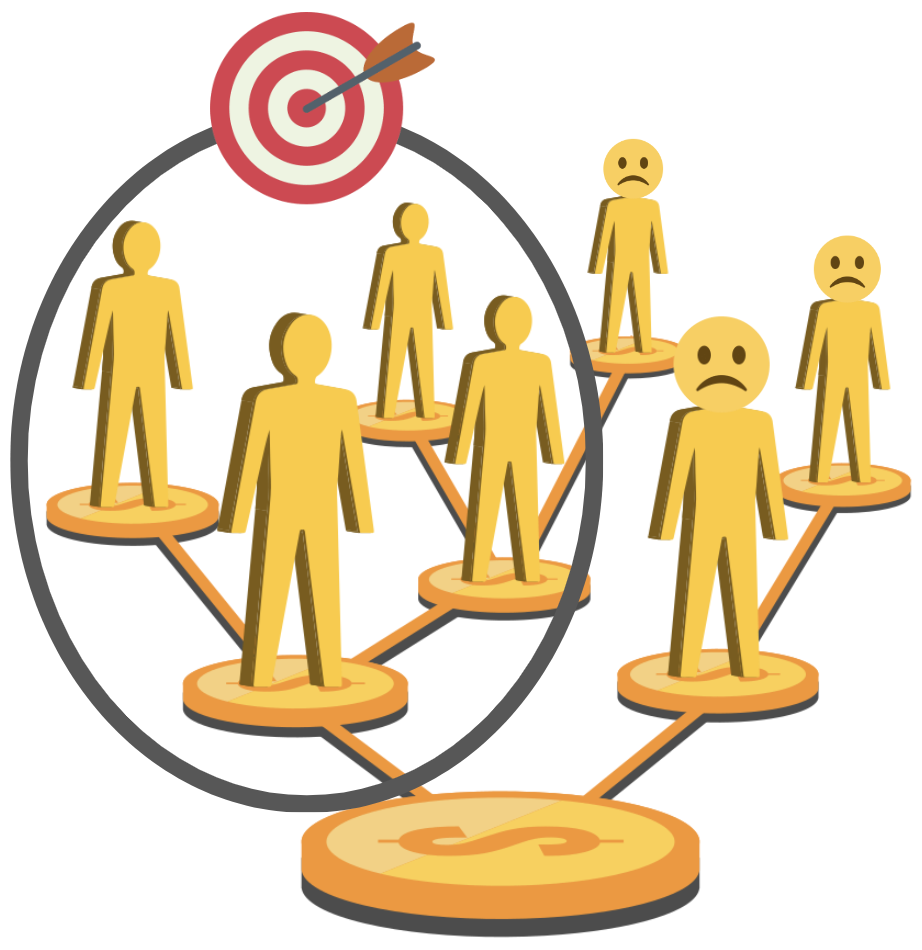
Reinforcement of stereotypes
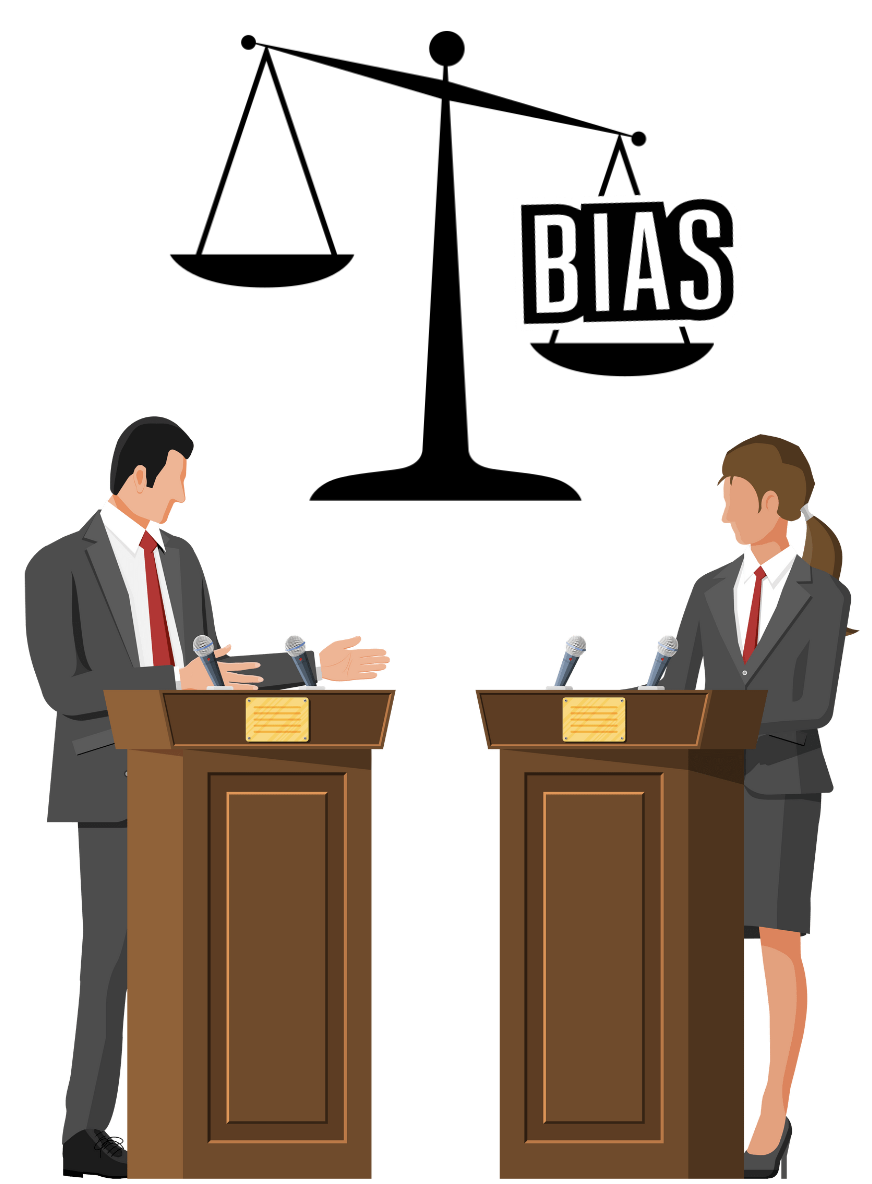
- Models trained on biased data may learn and reinforce existing societal biases
- Suppose the training data of a recommendation algorithm predominantly features content from a specific political ideology
- The algorithm, might recommend content that aligns with the dominant political ideology
Loss of trust and legal issues
- When biased decision-making becomes known, it erodes trust in the data
- In worst cases, it leads to legal and ethical challenges
- It can result in legal action and damage to an organization's reputation
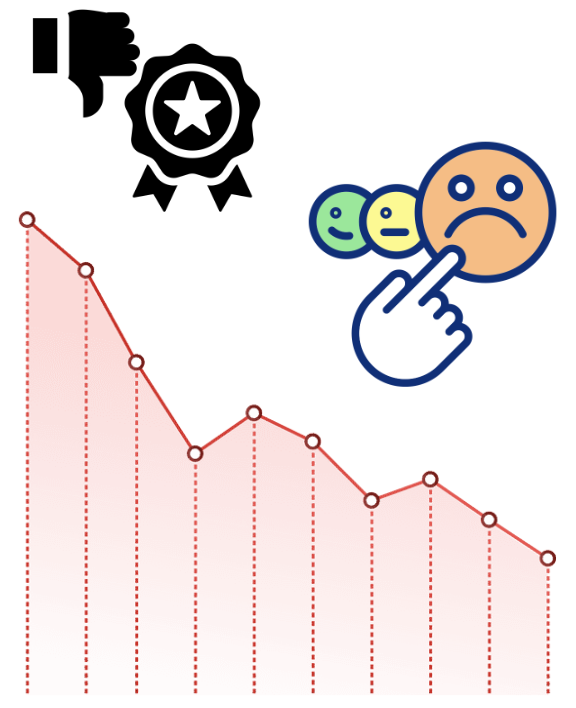
Hindering performance and innovation

- Bias can lead to suboptimal decision-making and hinder performance and innovation
- For instance:
- Lower utilization rates of a particular team occur due to bias
- This leads to misguided performance evaluations
- Impacting resource allocation, process efficiency and innovation
The feedback loop of bias
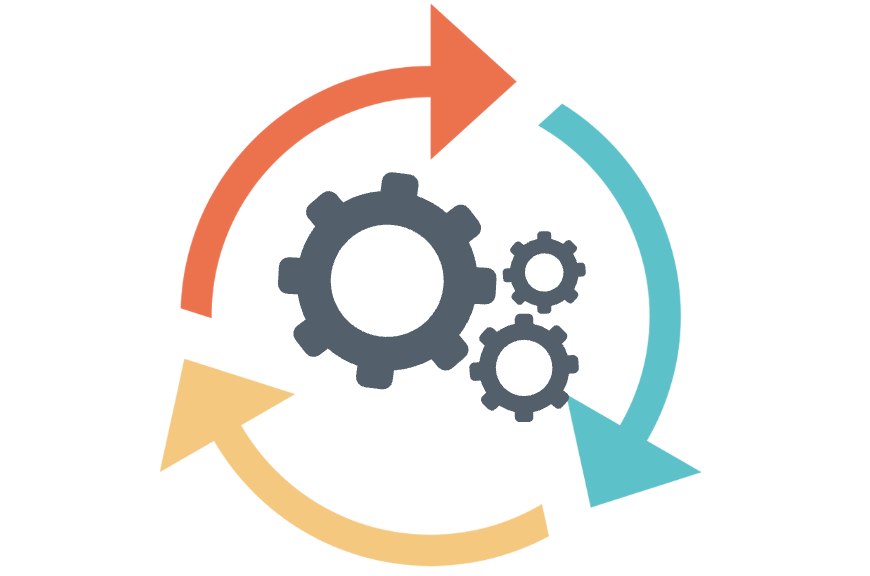
- Biases can create a feedback loop where historical biases are reinforced and perpetuated over time
- As biased decisions are made, they contribute to new biased data, which further influences future decisions
Let's practice!
Conquering Data Bias

